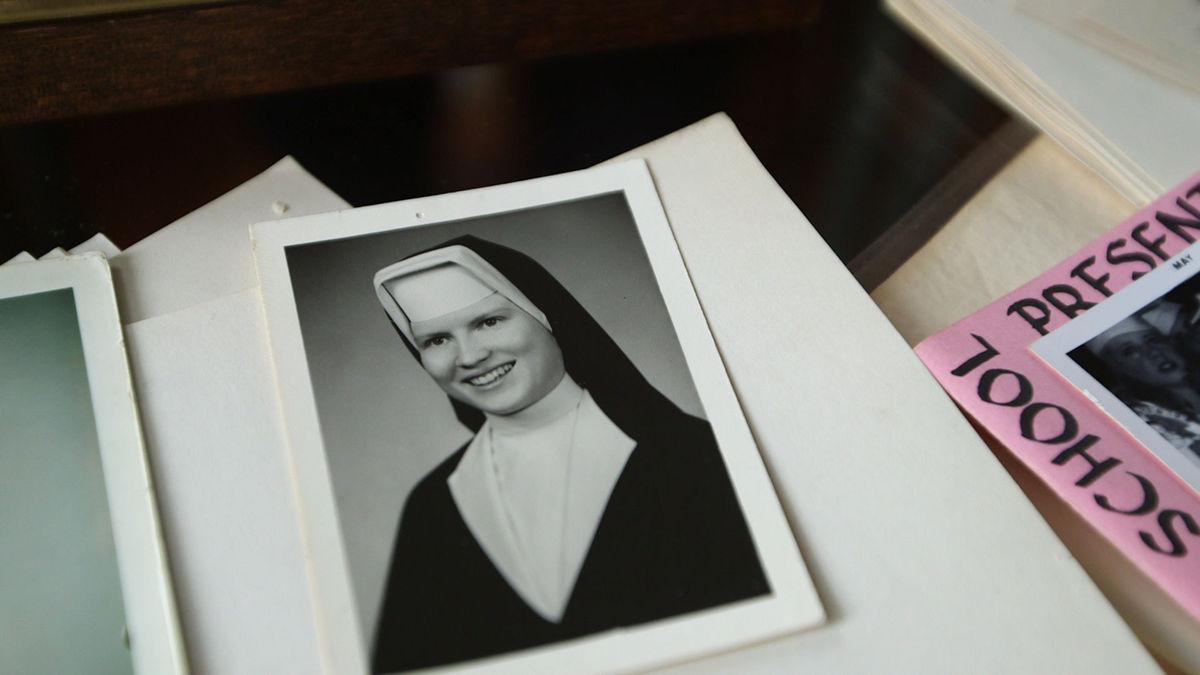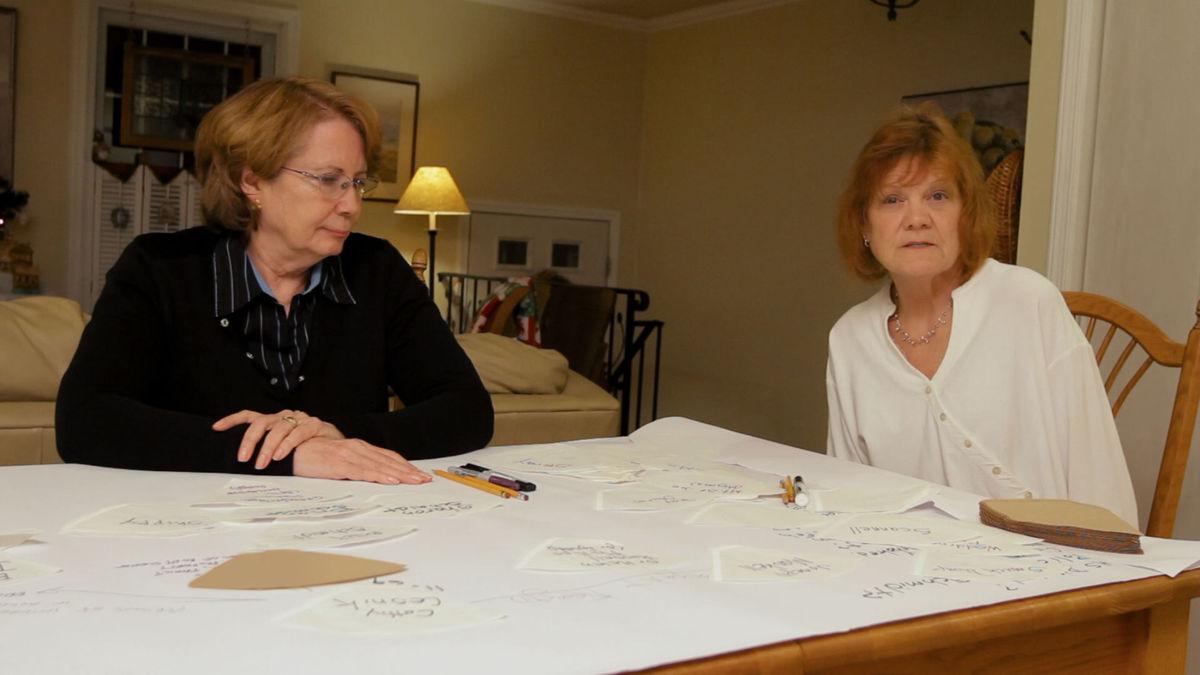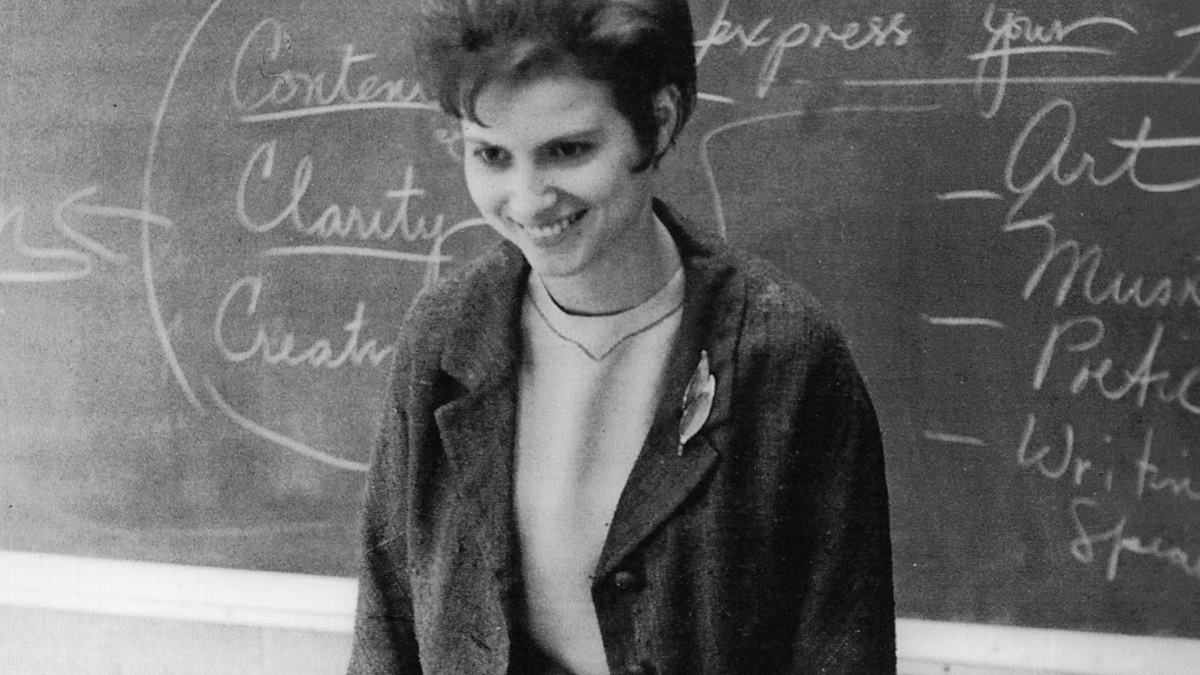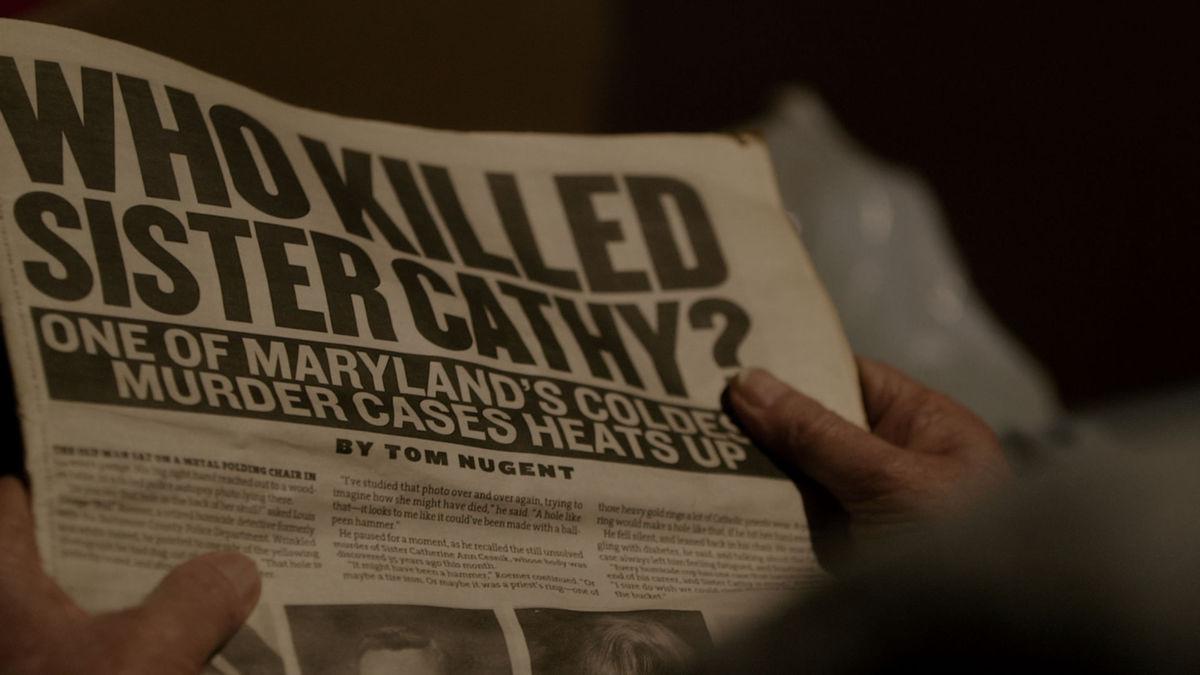|
'The Keepers': Netflix documentary presents a heartbreaking mystery
By Casey Gillis
I never watched “Making A Murderer” or “The Jinx,” and I didn’t listen to the insanely popular podcast “Serial” when it became a phenomenon back in 2014. But, for some reason, I decided to queue up Netflix’s crime documentary series “The Keepers” last weekend. I was instantly hooked, and kept watching even as the subject matter became increasingly more disturbing with each installment. The seven-episode series focuses on the 1969 disappearance and murder of Baltimore nun Catherine Cesnik, as investigated by two of her former students, as well as an allegedly wide-ranging cover-up that protected a priest accused of sexual abuse at the Catholic high school where Cesnik taught. Now in their 60s, those former students, Gemma Hoskins and Abbie Schaub, doggedly pursue leads, talk to witnesses and even suspects, and reconnect with former classmates from the school, Archbishop Keough High School. Abbie is the researcher, more comfortable poring over documents and sending Freedom of Information Act requests to various agencies, while Gemma is the people person who gets sources talking. Early on, Abbie says they’ve been told many times the real story isn’t what happened to Cesnik but the cover-up surrounding it, which they allege includes not just the Archdiocese of Baltimore but also law enforcement agencies originally charged with investigating the crime. Prior to her murder, Cesnik left Keough to live outside of the convent and teach in Baltimore public schools along with another nun. Cesnik disappeared in November 1969 after leaving her apartment one evening to run errands. But she never made it home. Her car was discovered across the street from her apartment complex, jutting out into the road. Her body wasn’t found until January 1970, and the case has remained unsolved all these years. Interest in it was kicked up again in the 1990s, when another former student, then referred to as Jane Doe but identified and extensively interviewed for the documentary, came forward with claims of horrific sexual abuse she suffered at the hands of the school chaplain at Archbishop Keough. She said she’d confided what was happening to Cesnik before school let out the previous summer. But when classes resumed that fall, Cesnik was gone — she’d moved into her apartment and started teaching elsewhere — and a few months later, she was dead. In addition to detailing the abuse, which led to more women coming forward with similar allegations, Doe also told authorities she was brought to Cesnik’s body in 1969 as a warning to keep quiet. Abbie and Gemma picked up the trail in the 2000s after they connected on social media and eventually started a Facebook group dedicated to finding Cesnik’s killer. “The Keepers” highlights the two women and their devotion to the investigation, and director Ryan White leaves no stone unturned. He interviews both past and present police detectives who worked on the case and journalists who covered it, as well as former Keogh students who say they also were abused during their years there. He also employs black-and-white, grainy reenactments that never feel cheesy or cheap. Their power lies in the restraint he uses. You see the door closing as a young girl enters what is supposed to be the chaplain’s office and know what that means for her without it having to be explicitly spelled out. He often ends episodes with cliffhangers that make it hard to hit pause, and the haunting score is something that will stay with you days after watching. A recent Vulture headline about the series touted it as “The Wire” of true crime, a nod to both series’ Baltimore settings and, no doubt, addicting nature. “The Keepers” is incredibly difficult to watch, and it doesn’t offer up a pat, satisfying conclusion. Like real life, it’s more complicated than that. Contact: cgillis@newsadvance.com
|
.
Any original material on these pages is copyright © BishopAccountability.org 2004. Reproduce freely with attribution.



